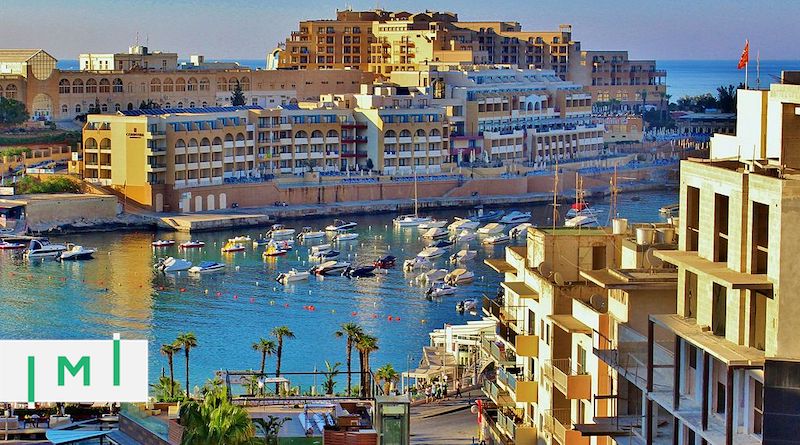Malta to Share Information on MEIN-Investors With Tax Authorities in Countries of Origin
In an email circulated this morning, the Community Malta Agency, which governs the country’s MEIN policy (a citizenship by investment program), told agents that Maltese tax authorities will begin sharing information on those who naturalize through the program with the applicants’ original jurisdiction of tax residence. The practice will apply to files submitted from the beginning of the new year.
The circular, seen by the editor, reads:
Be informed that for eligibility, applications submitted as from the 1st of January 2022 shall include information of the original jurisdiction(s) of tax residence and the agency will be informing the local tax authorities of those applicants who become Maltese citizens through the Granting of Maltese Citizenship by Exceptional Services (SL 188.06). In turn the local tax authorities will be informing the original jurisdiction(s) of tax residence of the applicants and dependants.
The details to be shared with the Office of the Commissioner for Revenue shall include the following:
i. first and last name;
ii. date of birth;
iii. residence address;
iv. TIN;
v. the type of residence rights acquired; and
vi. Copies of all relevant residence documentation provided by successful applicants.
Effectively, Malta will begin actively informing the applicant’s original tax jurisdiction that the individual has obtained citizenship in Malta through the MEIN policy. Though framed as a tax issue, this will chiefly constitute a predicament for program participants from countries that don’t formally allow dual citizenship, not for those who wish to reduce their tax burden. Citizenship in Malta, of course, does not equate to tax residency in Malta, and becoming Maltese – in itself – has no bearing on where the individual pays tax.
Commenting on the news, David Lesperance, one of the world’s foremost experts on how international tax rules interact with residency and citizenship by investment, characterized the move as an infringement on individual privacy.
“Malta already does something that no other EU country does, namely publicly list all the individuals who obtained citizenship in the previous year. Not even Belgium, the home country of EU European Commissioner for Justice, Didier Reynders, does this. Given that a person does not change their tax residence simply by the acquisition of another citizenship by lineage or investment, this move is yet another unnecessary assault on the basic privacy rights of individuals.”
He also suspects that the change is motivated by a desire to mollify Brusellian concerns about citizenship by investment in the EU.
“Predictably, this move will not appease those in Brussels who want Malta to close the MEIN program, yet it will make this program even more unattractive to its potential target market. In football, this is called an own goal.”
Representatives of the Community Malta Agency did not immediately respond to a request for comment. We will update the story if and when we receive a response.
Christian Henrik Nesheim is the founder and editor of Investment Migration Insider, the #1 magazine – online or offline – for residency and citizenship by investment. He is an internationally recognized expert, speaker, documentary producer, and writer on the subject of investment migration, whose work is cited in the Economist, Bloomberg, Fortune, Forbes, Newsweek, and Business Insider. Norwegian by birth, Christian has spent the last 16 years in the United States, China, Spain, and Portugal.



